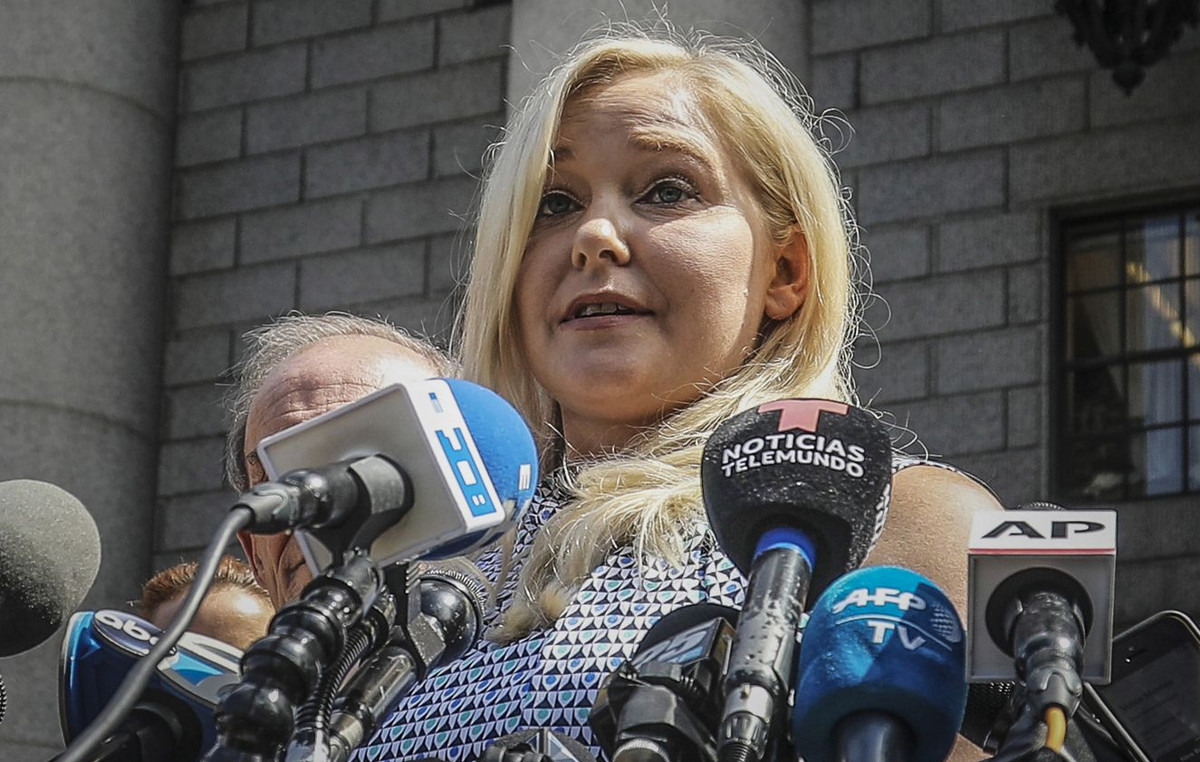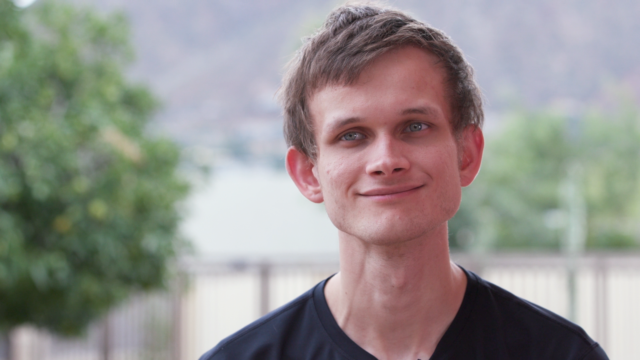With the vaccination numbers against Covid-19 in Brazil at around 70%, infectious disease specialist and epidemiologist Luana Araújo says that vaccination coverage in the country seems to have “reached a plateau”, amid an increase in cases and deaths from the disease with the spread of the disease. Omicron variant.
“We can only get out of this story with the increase in vaccination coverage, which unfortunately seems to have reached a plateau in the country”, said Araújo in an interview with CNN this Sunday (6).
According to her, despite a culture vaccine in Brazil, a portion of the population that “deserved the greatest attention, which due to ignorance, lack of adequate information, issues that do not refer to education and public health, with other interests, those that needed a more ostensible coordinated action to who were educated in the sense of the importance of vaccination unfortunately were not, and they are the ones who are succumbing to both the disease and its harmful consequences”.
In this scenario, the increase in deaths, with Brazil returning to register more than 1000 deaths per day, is “to be expected, since the more this virus manages to spread, especially in the unvaccinated population, the greater the number of deaths it will have”. cause in this group, and that is what we are seeing”.
At the same time that Ômicron became the dominant variant in Brazil, cases of a subvariant, BA.2, and a study points out that it is transmissible. Araújo believes, however, that it is not a rule that a new variant will necessarily be less lethal.
“There is a lack of awareness that is clear, obvious, that the more time that passes, the more advanced in the evolutionary process, the greater the transmissibility and the less its ability to cause serious disease. This is a theory, and it cannot be taken literally.”
According to her, the problem with the new subvariant is that it “seems to be much more transmissible but does not seem to cause more serious disease, but the more transmissible it is, the more it reaches people who do not have adequate protection, either because they have not taken the vaccine or because they are at greater risk, such as transplant recipients, and this makes them at greater risk”.
There is no guarantee, however, that this subvariant can take the place of Ômicron as the dominant one. For that, explains the infectologist, it is necessary that she has mutations that offer an evolutionary advantage. Otherwise, it may get lost over time. In this scenario, increasing vaccination coverage is important to avoid mutations.
“The more vaccines, the less conditions to mutate, and the virus is less likely to change because there are fewer susceptible people, it is a fence in the pandemic, in the virus, allowing it not to go around causing the same damage that it already has. caused,” he says.
For Araújo, the current scenario points out that “higher vaccination coverage is more important than a fourth dose. It’s no use for me to clog up a part of the population with doses if the rest are not vaccinated. If I increase coverage for everyone, the fewer doses I will need to maintain coverage.”
Source: CNN Brasil







